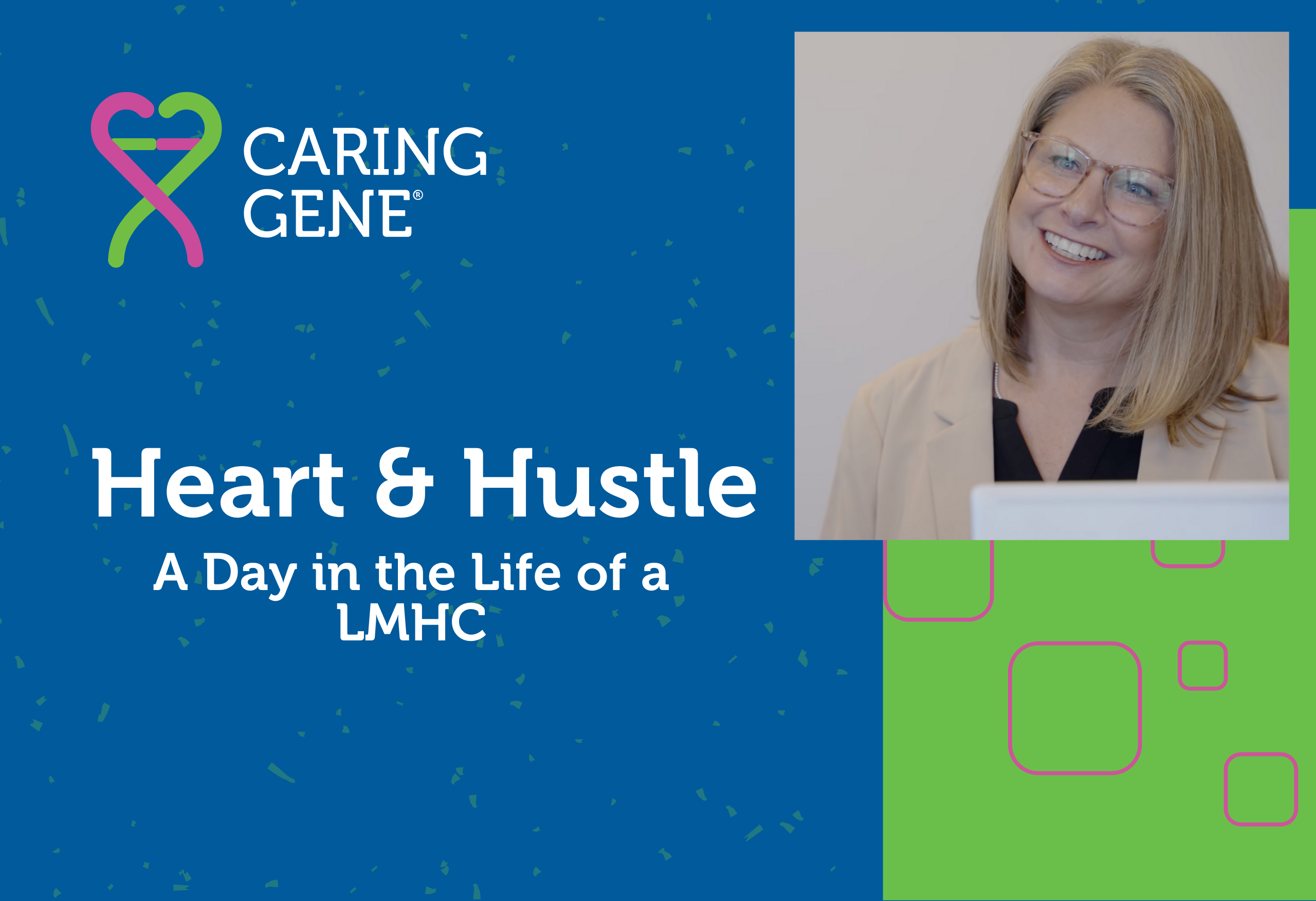
Heart & Hustle: A Day in the Life of a LMHC
As a Licensed Mental Health Counselor (LMHC), Elizabeth Bruce has worked with toddlers and teens, adults and, now, policymakers. But no matter who Elizabeth is helping, one thing remains the same: She always shows up.
“You have to ebb and flow with the environment,” she said. “You can’t predict what your days will be like.”
That unpredictability is part of what drew her to counseling. In this field, presence matters just as much as the treatment plan, and Elizabeth has made a career out of being present.
Meeting People Where They Are
And “being present” as a LMHC doesn’t always mean having a bright office or comfy chairs. Instead, it’s about meeting people where they are—physically, emotionally, and mentally—in a space where they feel safe enough to open up.
“I’ve had conversations sitting in a corner, talking about something that happened at home the night before,” Elizabeth recalls. And those raw, unfiltered conversations often reveal the kind of emotional weight many people carry long before adulthood.
“These people have such courage,” she says, reflecting on the trust others placed in her, despite the imperfect conditions. “I feel honored to be in that moment with them, to remind them that they’re not alone.”
For Elizabeth, those moments—whether in a hallway, a shelter, or a community center—serve as a reminder that the most important part of her job is making people feel seen and heard.
A Career Path Made for You
Over the course of her career as a LMHC, Elizabeth has helped traumatized preschoolers feel safe through play, counseled transitional-age youth navigating complex identities and responsibilities, and equipped adults with life skills that foster independence.
And you can specialize based on your interests. Do you prefer one-on-one or team-based environments? Do you enjoy working with young people versus senior citizens, or adults with disabilities? You can customize your path according to your strengths.
“There are multiple ways you can use this license, depending on your goals,” Elizabeth explains.
Most recently, she transitioned from clinical work to the Conference of Local Mental Hygiene Directors, where she uses her frontline experience to influence mental health policy across New York State.
“I bring to the table the voices of all the folks I’ve met with throughout the years,” Elizabeth says, “and all the trust these people have given me. I want to make things better.”
The Emotional Demand
Working in mental health is extremely rewarding—but hearing stories of trauma, instability, and neglect is far from easy. In this line of work, self-care isn’t optional.
“You’re not a robot,” she says. “You are going to be impacted emotionally, so having pillars that anchor you to who you are is incredibly important.”
Elizabeth relies on a mix of personal rituals and professional boundaries to protect her own mental health, knowing when to step away, when to reflect, and when to seek her own support. She also leans on a community of colleagues who understand the unique pressures of the job.
At the heart of it, counseling is deeply human work. LMHCs are not only a lifeline for others, but builders of resilience, constructors of community. They are shepherds of hope.
“If you like to help people, you should absolutely consider going into this field,” Elizabeth says. The work is challenging, but it’s a path with a purpose—and the very real chance to change lives every single day.